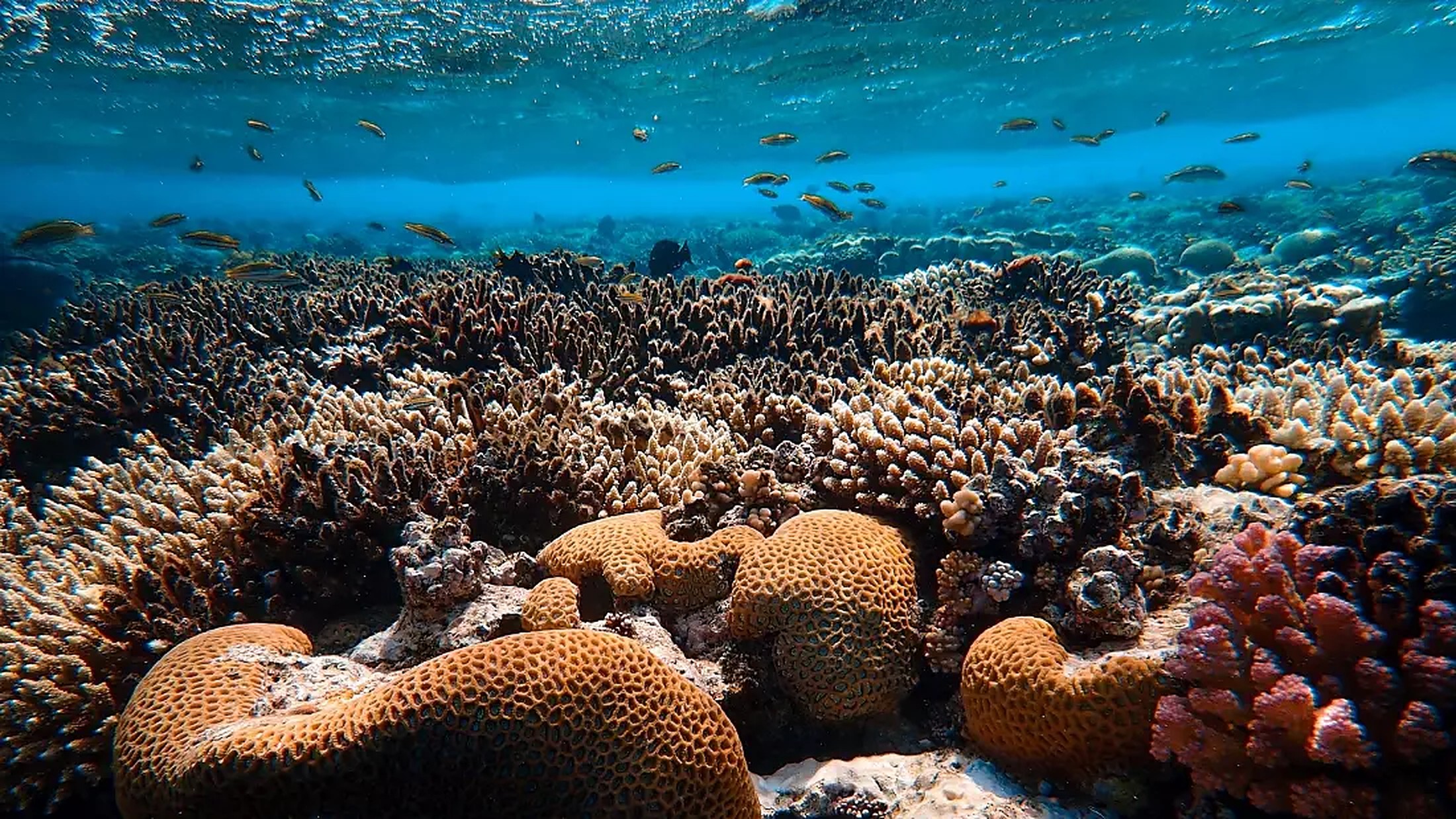Scientists do not live in the spotlight. They are not usually found on the covers of magazines, in YouTube advertisements, or on grand highway billboards. Though there are countless researchers that have been published around the world, only few are recognized by name alone, and oftentimes, they are Eurocentric researchers. Take the example of a marine biologist: when one searches ‘marine biologist’ on an online search engine, most likely they’ll come across countless articles on Charles Darwin – the most prominent 19th-century naturalist and geologist. Darwin yearned to explain the beautiful diversity of nature, which helped him to develop the revolutionary theory of natural selection in his book “On the Origin of Species” in 1859. Yet rarely does one ever come across the names of scientists from other parts of the world, particularly the global south. For the Middle East, Egyptian scientist Hamed Gohar was the Darwin of the region. Widely considered to be the founding father of oceanography in the Arab world, his passion for the seas and oceans was more akin to a deep, intimate friendship than simply work. Who was Hamed Gohar? Born in 1907 in Cairo,…



